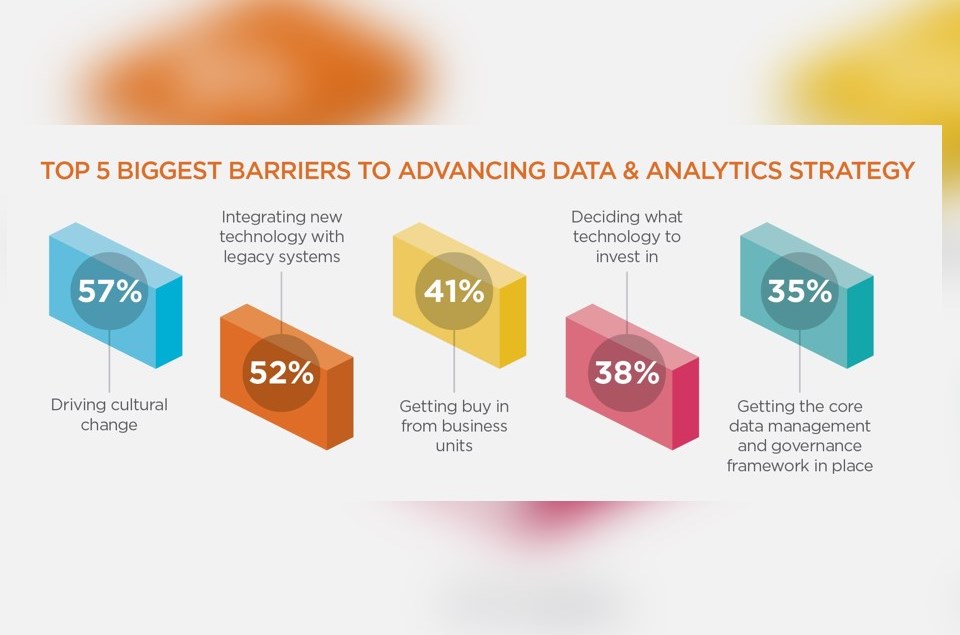Digital identify security is a hot topic with latest figures from CIFAS, a leading fraud prevention organization, showing a large rise in digital identify fraudsters applying for insurance, online retail, telecommunications and loan products.
While providing your identity has always been critical across the digital landscape, it is now more important than ever and therefore it is not surprising that machine learning and artificial intelligence are being rapidly deployed to aid identity confirmation.
A Cyber Security Breaches Survey in 2017 revealed that 46 per cent (just under half) of all UK businesses have identified at least one cyber security attack or break within the last 12 months. This rose to two thirds in medium-size firms (66 per cent) and large firms (68 per cent). Therefore, the protection of the personal data of their customers is now a business-critical concern.
The use of traditional data such as address, name, date of birth, email, IP address and biometric information such as voice, iris and fingerprint scan are joined by behavioral characteristics that are unique to the individual. However, behavior isn’t a piece of data that can be bought which makes this form of security highly attractive to organizations.
Analyzing the large amount of data that a consumer’s digital footprint contains has always been problematic. To combat spoof attacks, AI and machine learning are being used in a wide variety of security applications to analyze customer data. To combat spoofing attacks, AI and machine-learning are widely used in a variety of security applications.
The authorization of payment is critical to all organizations, and how you behave online will become a critical part of your online identity. However, AI and machine learning systems will be sophisticated enough to know when someone displays behavior that is different from the norm for them, without it being malicious. For example, your digital footprint changes if you are away on holiday and AI’s would need to access your travel itinerary to ensure your credit card isn’t declined due to abnormal behavior.
Organizations that use more sophisticated security and identify checking systems have much less risk of a cyber-attack. Business that aren’t getting hit by online fraudsters are using more sophisticated techniques.
In 2017 63% of cyber attacks involved stolen identity credentials, and the development of AI and machine learning has already delivered new security systems that are in use today. However, AI and machine-learning are not autonomous and still need high levels of supervision. They can indeed search large quantities of data to respond to a specific question or task such as authenticating the identity of a shopper for example.
People tend to fall into habits including how they access online and digital services, so their purchasing decisions, what devices they typically use, for how long and from where are behaviors that can all be used by AI’s to build a strong profile of an individual. If this behavior changes, the AI can spot any changes within the data that defines who we all are, and this “contextual intelligence” is the basis for rapidly developing security systems that could not function without advanced AI and machine-learning.
What do you think will be the future of AI and machine learning in preventing cyber attacks and identify theft? Do you think they will be able to accurately pick up any behavioral changes that could lead to identity theft being prevented? Join the debate in our LinkedIn Groups –
https://www.linkedin.com/groups/6527110
https://www.linkedin.com/groups/8326031

About Corinium Digital
Corinium Digital offers digital marketing solutions made possible by our global network of emerging CXO roles. Our speciality is audience acquisition from cross- sector industries & a range of seniority from junior staff all the way to the decision-making C-suite (500,000+ global contacts). We provide multiple platforms to build relationships all year with our truly digital CXO communities. We will improve your lead generation, branding & content/ thought leadership. Advising on industry insights with dedicated editorial staff, online content specialists, digital marketing advisors & UX/ CJM manager, we can help create an integrated, digital strategy to increase your online presence. For more information visit www.corinium-digital.com.








